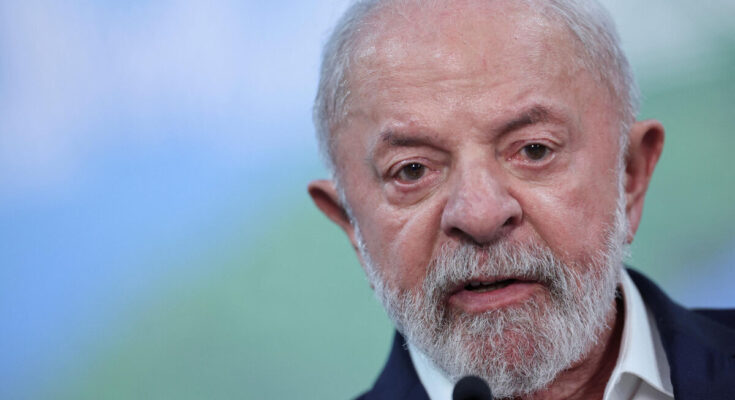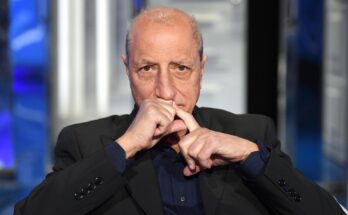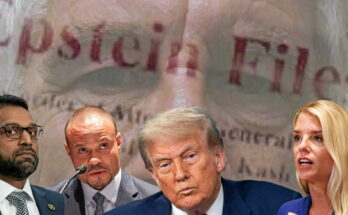Brazilian President Lula put the highly sensitive issue of phasing out fossil fuels back on the agenda of the UN climate conference on Wednesday, advocating consensus but insisting on making it one of the achievements of the first COP on the Amazon. “We have to show society that we want” to break away from dependence on fossils, Luiz Inacio Lula da Silva said at a press conference.
But he quickly clarified: “Without imposing anything on anyone, without setting deadlines, so that each country can decide what things it can do at its own pace, according to its possibilities.” “Everything had to be based on consensus,” Lula recalled. “We just want to say it’s possible. It’s possible, let’s try.”
Brazil wants COP30, the Amazon’s first climate conference, to be a success. And Lula is investing significant political capital with the aim of achieving one goal: “inflicting a new defeat on climate change deniers,” in his words at the opening of the conference.
He landed Wednesday morning in the river city of Belem, at the gateway to the Amazon, and for a day the entire conference was suspended from meetings with various national groups. Leaving the room where he had just received the African group’s delegation, he burst in, gleefully, in front of the cameras at the end of the day, two hours late.
With his legendary cheerfulness, preceded by the Brazilian president of the humorous conference, Lula sang the praises of Belem and the State of Para, and as if celebrating, prematurely, the success of the conference – his gaze almost constantly turned to his team in charge of the social networks that recorded it with the phone. “From the start, I was confident that we would hold the best COP of all that has been held so far,” he said.
Brazil postponement
Lula “made it clear that he wanted this conference to produce a roadmap” on fossil fuels, confirmed Marcio Astrini, of the Climate Observatory NGO network in Brazil, who met with the head of state along with other members of civil society. “This optimism must be reflected in the final text,” stressed the Brazilian branch of Greenpeace.
Against the backdrop of negotiations, the planned schedule fell through. Brazil wants to have a draft agreement by Wednesday. We will have to wait until Thursday, with no guarantee that it will be in line with the 194 member states of the Paris agreement and the European Union. The scheduled end of the conference is Friday evening.
The phase-out of fossil fuels was again hotly debated this week: more than 80 countries believe that the decision of COP28, in Dubai in 2023, which requires the world to “make a just, orderly and equitable transition towards the exit of fossil fuels in the energy system”, should be implemented through a “roadmap”.
The roadmap is an idea launched by Lula himself at the start of COP30. But the idea continues to fluctuate, with parts of Brazil’s diplomacy opposing the idea, while Brazil’s Minister of the Environment, Marina Silva, is pushing for it. European Commissioner Wopke Hoekstra indicated in the evening that the European Union would launch proposals that were “broader” than the roadmap on fossil fuels.
The public policy of China, India, Russia, the Gulf states and other oil producers should not be interpreted as tacit approval. Behind the doors of the negotiating room, the position remains clear.
End before Saturday?
Another deadlock: European countries have steadfastly refused to increase their financial contributions to help poorer countries adapt to more extreme climates. “We are not considering increasing adaptation funding,” said Darragh O’Brien, Ireland’s environment minister.
Southern countries, for their part, criticize “unilateral” trade measures, thinking Europe’s carbon border adjustment mechanism they equate with protectionism.
Mentioning trade barriers in the COP30 text is a priority for Beijing in the intense negotiations between Europe and China.
In a sign that Brazil intends to move quickly, the 6,000 delegates sleeping on two liners were asked to vacate their cabins on Saturday morning, at 8 am.



